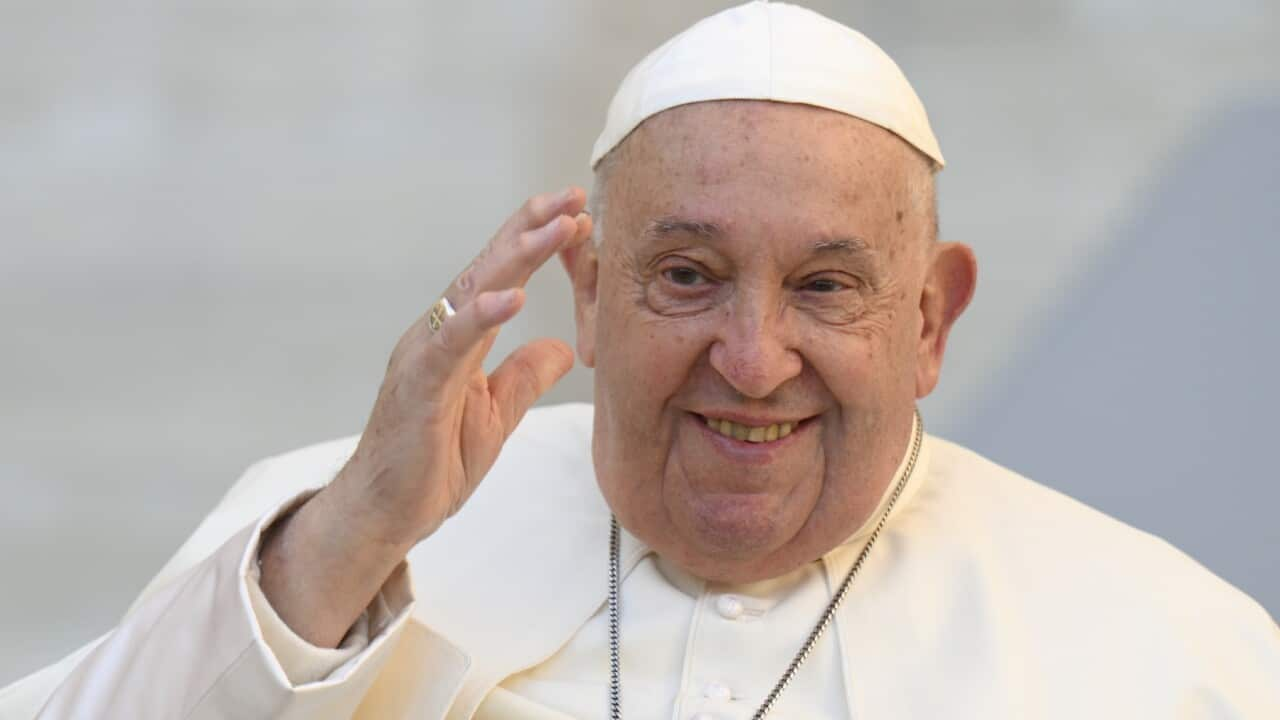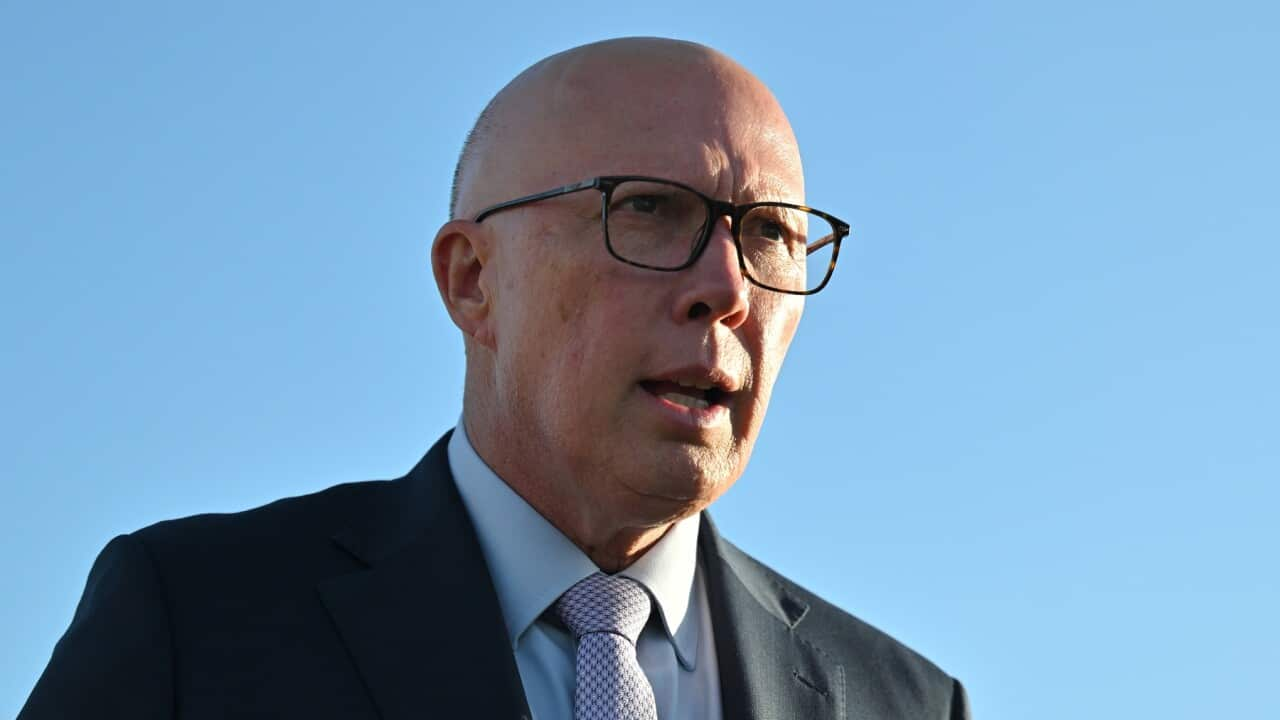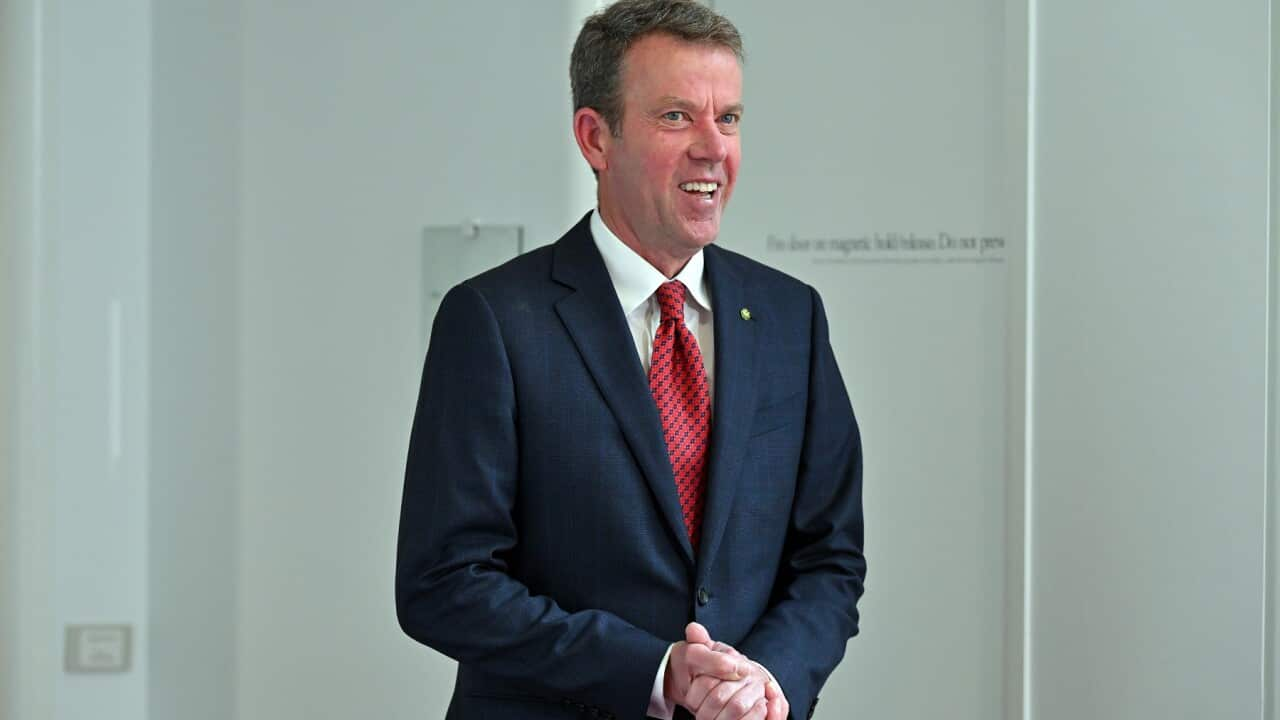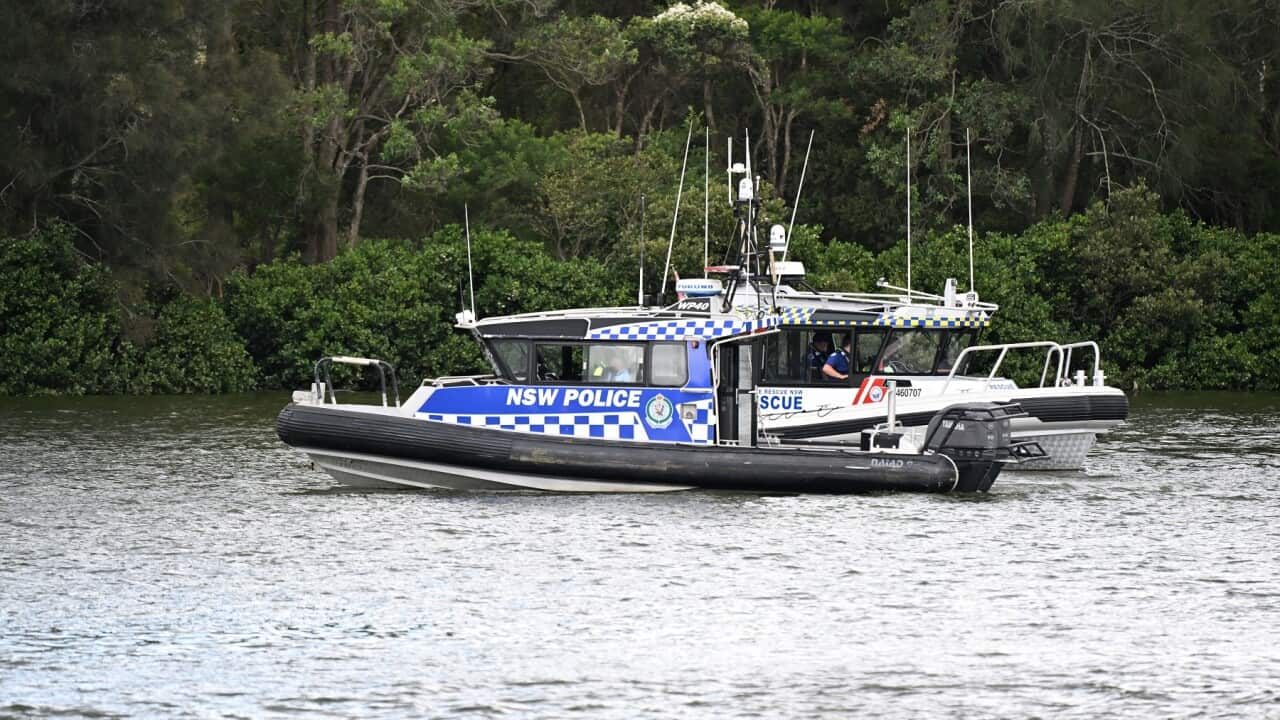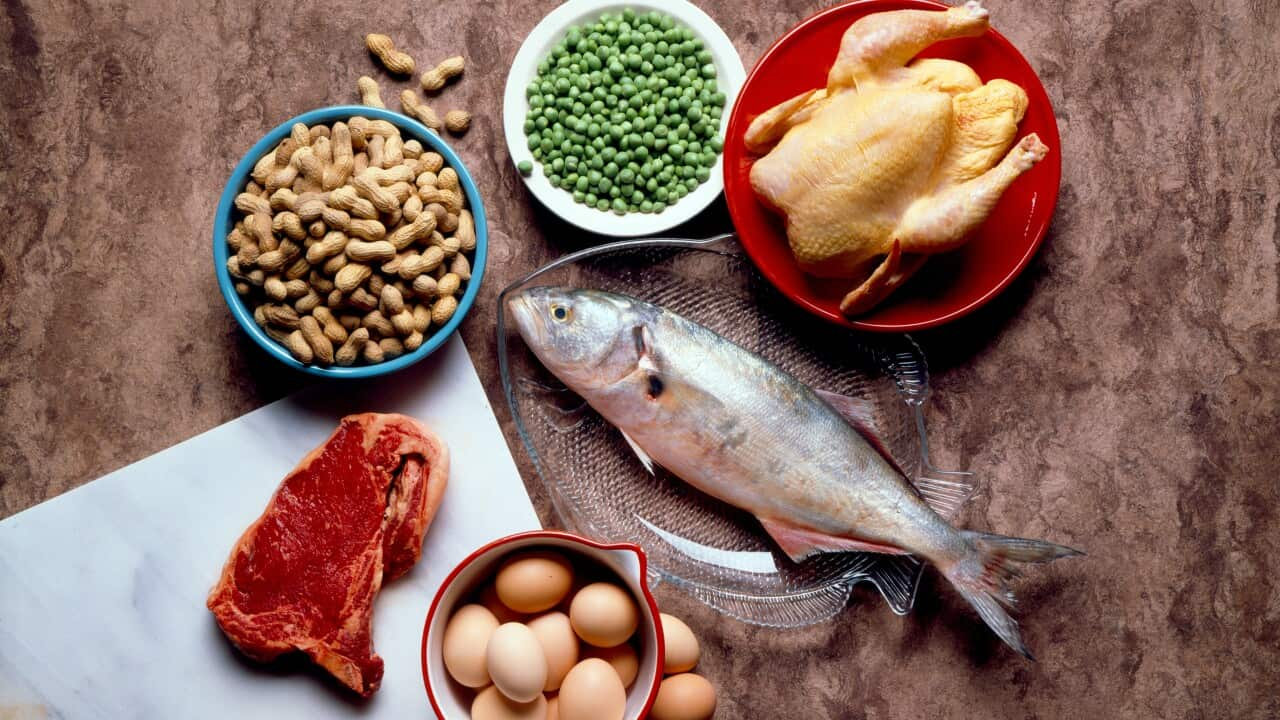TRANSCRIPT
Wherever Pope Francis went, the sights and sounds of his adoring supporters followed.
His papacy took him to more than 50 nations, travelling more than 400,000 kilometres in his quest to carry an ancient institution into the modern world.
Born Jorge Mario Bergoglio on December 17th, 1936 in Argentina, the son of Italian migrants, he survived a life-threatening bout of pneumonia as a 21 year-old.
The young Bergoglio earned a diploma in chemistry before studying to become a priest.
He was ordained in the Jesuit order just days before his 33rd birthday and was appointed Archbishop of his home town, Buenos Aires, in 1998.
At the age of 76, Jorge Mario Bergoglio was named the 266th head of the Church, taking the name Pope Francis.
The first Catholic leader ever chosen from the Americas or the Jesuit order, he was immediately dubbed 'the people's pope'.
"The duty of the conclave is to give Rome a bishop. It seems that my brother cardinals went almost to the end of the world. But we are here."
Vatican spokesman Father Thomas Rosica says the choice was well received.
"There was an immediate connection. He made a connection with his diocese - the Diocese of Rome - he referred to that. The pastor came to meet his people. And it was beautiful. Then he took the microphone again and he didn't follow the book. Thank God."
But from the moment it began, his papacy faced challenges, chief among them addressing a litany of child sex abuse abuse scandals in the church and lifting the veil of silence around such crimes.
The pope himself came under intense scrutiny in 2018, when he defended a Chilean bishop Juan Barros accused of covering up priests' sexual abuse, and dismissed his victims' allegations as slander.
It was a move that caused widespread anger in the Catholic stronghold.
Clerical abuse victim James Hamilton had this to say at the time:
"What the Pope has done today is offensive and painful. Not only for us, but against all of those who fight to create less abusive and more ethical contexts in places like the Catholic Church."
Later that year, Pope Francis apologised, saying he had made a grave error in judgement.
He went on to implement the most extensive Church reforms in decades, criminalising grooming by priests under Church law and abolishing the secrecy rules that long allowed sexual abuse to go unreported.
"It is my hope that the gravity of the abuse scandals, which have cast light on the failings of many, will serve to emphasise the importance of the protection of minors and vulnerable adults on the part society as a whole."
Sexuality would prove to be another defining issue.
In 2016, he told reporters the Church owed gay people an apology.
In 2020, he broke ranks once more, declaring his support for same-sex civil unions in a documentary about his life though the Vatican later clarified that priests are not permitted to bless such unions.
And after a visit to South Sudan he spoke out again, denouncing the newest nation on earth for criminalising homosexuality.
"This is not right. People with homosexual tendencies are children of God. God loves them."
Many praised him as a progressive Pope in the face of a deeply conservative opposition from within his own church.
He called on the Church to embrace divorced Catholics, who were historically shunned, and was fiercely outspoken about wealth inequality.
One of the Pope's greatest passions was also the environment, criticising its human destruction as a sin against God.
"I appeal to all the world's leaders to act courageously, with justice, and always tell the truth to people, so that people may know how to protect themselves from the destruction of the planet, and how to protect the planet from the destruction that, very often, we trigger."
Pope Francis also met the families of Israeli hostages - and Palestinian Moussa Ayya says he spoke to Gaza's only Catholic parish every day.
ARABIC THEN ENGLISH VO: " During the war, I know because I was (with the) priest, Father Yousef. He would call every day at seven o'clock to check on Gaza and the situation of the war, and he would wish us safety and (wish) for the war to stop. He would wish for peace every day."
In 2023, he became the first pope in more than 200 years to preside over the funeral of his predecessor - though he was frail, and had to be brought in on a wheelchair.
The Pope's public addresses became fewer in his final years, but they often consisted of pleas for peace in a world filled with war.
Still, he kept snapping selfies with the public, replied personally to letters and phone calls from regular people and even visited a prison to wash inmates' feet, saying bishops are not the world's most important people, but must be its greatest servants.
Church historian Paul Collins he was a pope seemingly unafraid to challenge the way the church operated.
He says his efforts were about making one of the world's oldest organisations a more inclusive place.
"I'd say he's probably the most important Pope since the reformation... His legacy is a legacy of recovering extremely important elements within the Christian and Catholic tradition. Those pastoral care elements. Those elements of openness to people who are marginalised. (BUTT) He sees the Church, he says, as a hospital. It's a place where the sick go to be cured. Where the people go to be supported. Where people go to be cared for."
